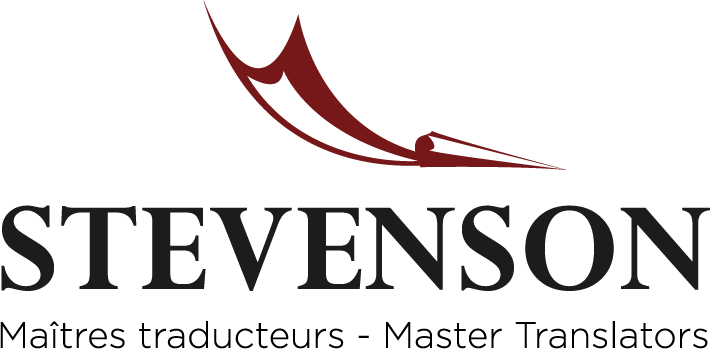
Finding the word or term that “clicks” (Part 2)
Professional translators evolve at the same rhythm as languages. They keep up to date on standards and changes to them, as well as the constant stream of new words that emerge to identify phenomena that did not exist yesterday.
Inventing new words to survive
Depending on the sector in which a foreign company operates, its specialized foreign-language glossary may be more or less composed of English words. English is, in fact, the language with the greatest socioeconomic power today; it is also the language of the latest technologies and scientific discoveries. Consequently, in the context of the province of Quebec, the absence of corresponding French terminology or in cases where French versions are not well known, English terminology may be adopted for use in French. However, this should not automatically happen. The lexical resources available in French are rich and translators who master their language well need not look elsewhere to identify things.
Specialists in different fields show a great deal of lexical creativity to define and name new realities in French. In fact, the terminologists at the Office québecois de la langue française (OQLF) are commonly caught in a race against time to propose an official translation before an anglicism creeps into French to stay. This is how certain creations were introduced over time for words like software (logiciel), sustainable development (développement durable), transgenic (transgénique), junk food (malbouffe), cybercondriac (cybercondriaque), and coffee pod (dosette de café). In order to move the French language forward in the age of the Internet, the following translations from English to French have been recommended: courriel instead of e-mail, clavardage instead of chat, égoportrait to replace selfie, visionnage en rafale instead of binge watching, mot-clic instead of hashtag, and even gazouillis instead of tweet.
Some of these new words have been rather well incorporated into common usage, and others not, probably because they were introduced too late. Examples of this include mercatique which was meant to replace marketing, gaminet for t-shirt, hambourgeois for hamburger, or moufflet for muffin. Translators evolve as their language does and they tend to use anglicisms that have entered into common usage.
Translating words to exist
Since they play a major role in the very existence of international communications, translators are aware of their immense influence on language practices. As a result, they base their choice of words on a coherent analytical method towards borrowings that enrich languages. Their work finds its source in the reality that people feel the need or necessity to communicate a message to their peers who might speak another language. Not just any message, but a specific one that they have chosen using the extraordinary potential of their language. The translator does as much work in the target language, since readers also want to have access to this full potential.
A translator’s concern for quality and their respect for languages can also lead to a sense of flexibility and openness that allows them to adapt their work to borrowings. Depending on the needs of each client, they borrow in a thoughtful way, but always strive to offer the best possible alternative to foreign words.
At Stevenson, the skills of professional translators ensure the delivery of impeccable translations that communicate your message as you have conceived it, with all of its specific details and subtleties, and that meet your objectives through a wise choice of words.


Leave a Reply